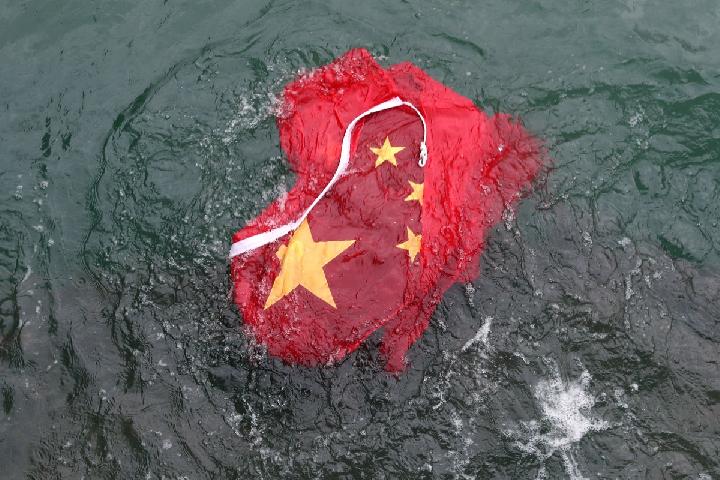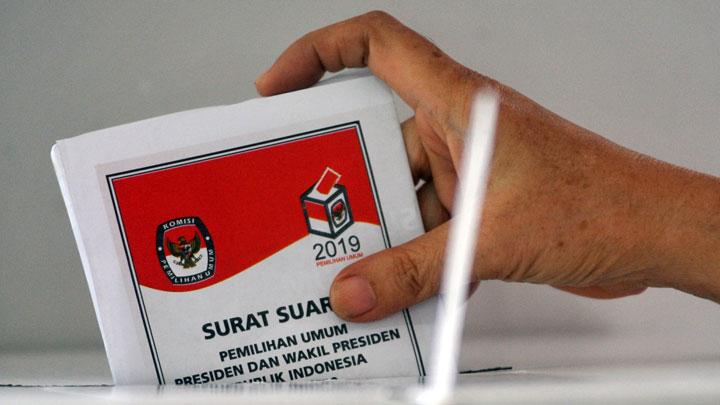
When he was appointed chief of the State Intelligence Agency (BIN) two years ago, Lt. Gen. (ret) Marciano Norman was challenged to improve BIN's very negative public image. During the New Order government, BIN played a major role in a number of repressive activities and following Suharto's fall, BIN officers were major suspects in the death of human rights activist Munir, in 2004.
Marciano came onto the scene about the time when changes began taking place at this intelligence organization. They moved to their new headquarters in Jakarta, and Law No. 17/2011 on State Intelligence was passed. Accordingly, BIN must not only manage its own operations but also coordinate the intelligence communications with the Indonesian Military (TNI), the National Police Force, the Attorney General's Office (AGO) and a few other ministries and state agencies.
This is because their efforts at detecting and preventing security threats have been seen as ineffective. The major problem seems to be a critical lack of coordination. One of their 'failures' happened when a group of Army Special Forces members attacked and killed four detainees at the Cebongan Prison in Sleman, outside of Yogyakarta. “There is much that needs to be improved," Marciano admitted to Tempo.
Two weeks ago, Marciano met with Tempo reporters Agoeng Wijaya and Qaris Tajudin for an interview at his South Jakarta office. Excerpts:
This month, BIN turns 66 years old. Have you seen any changes?
When I became BIN chief two years ago, the state intelligence law had just been passed. We were asked to validate the organization. For me, it meant that this intelligence body could no longer be a closed entity. BIN needed a deputy in charge of communications and information, and set up a BIN website. Today, we no longer operate behind closed doors. For the most part, we are open to the public, so they can understand who we are, what the threats to the state are and how to prevent them.
The agency has been criticized for failing to detect and preempt security threats, particularly in the regions. For example, the armed attack against TNI troops in Papua last February.
Well, we cannot say we are completely coordinated yet. Let's say that out of a 100, we score about 65-70. There is much that we need to do to improve. One example is the Papua incident. Had we been better coordinated, the TNI personnel should have been given the proper information before they went out on their duties, especially on information of possible threats they would encounter.
Is the attack on the Cebongan Prison last March seen as an intelligence failure?
I have sharply reprimanded the intelligence community in Yogyakarta and Central Java and told them they should improve their communications, because we have been embarrassed by that case. The first incident was shameful enough, (not just for us), but for the security apparatus and the regional leaders.
In March, President Susilo Bambang Yudhoyono revealed the threat of a coup. Was there such a threat?
So long as the TNI and the Police Force are seen as united, I think a coup d'etat is far from reality. Unless we have sufficient evidence of a split between, it's unlikely to happen.
But the President seems to be concerned about it every year?
Generally speaking, the potential of a coup by the armed forces is not there. But the threat from certain groups is always there, including terrorist groups.
How is coordination between BIN and the intelligence community in fighting terrorism?
With regards to terrorism, the information gathered by the intelligence community is sent to the National Anti-Terrorism Board (BNPT), and processed there. Then the BNPT coordinates with the police on the next steps to be taken.
Including raiding suspected terrorist dens in the provinces?
Yes. They are groups which have long been monitored by the police, particularly Densus 88 (the police anti-terrorism unit). This is what happened in Bandung, where William Maksum has long been a target.
He shared BIN's observation on whether there are people in Aceh who perstist in separating from Indonesia. He also said that BIN remains alert on what happens in Papua, but they are evaluating what special concessions needed to be given to the Papuans.
Marciano also shared the intelligence agency's views on the increasing tension nearing the 2014 general elections and addressed the issue of how increasingly violent the Indonesian society is seemingly becoming.
Human Rights Watch had made claims it is the intelligence people who are behind the violence, particularly those linked to religious issues.
I don't think that's true at all. The TNI, the police and intelligence do not want people to be victims of other groups. But why are outsiders so concerned about this? Trust us, BIN will not carry out activities that violate human rights. That is certain. I guarantee that. We will not do anything outside the law.
No more license to kill?
That just happens in movies.
The complete interview is available in this week's edition of Tempo English. (*)























